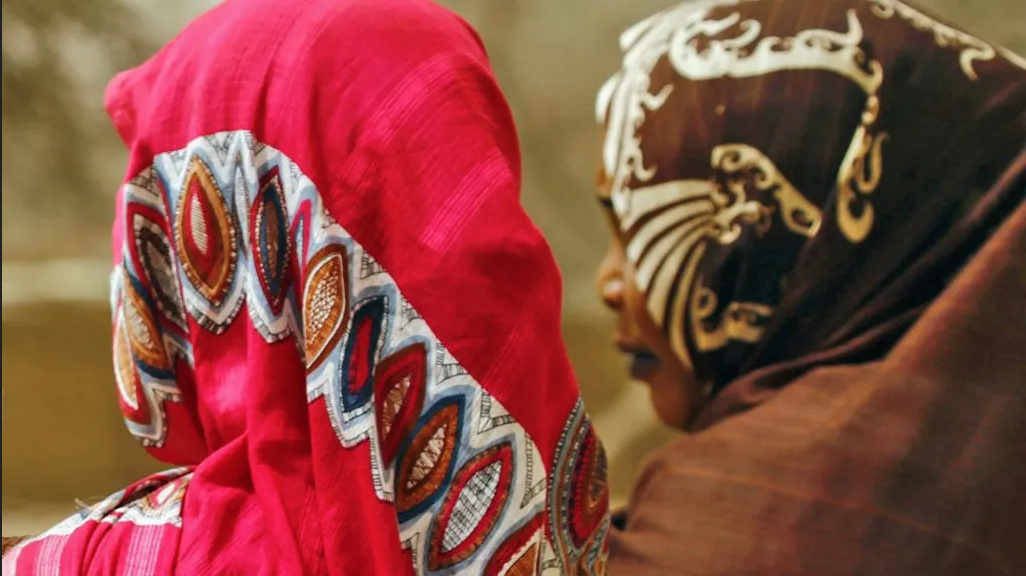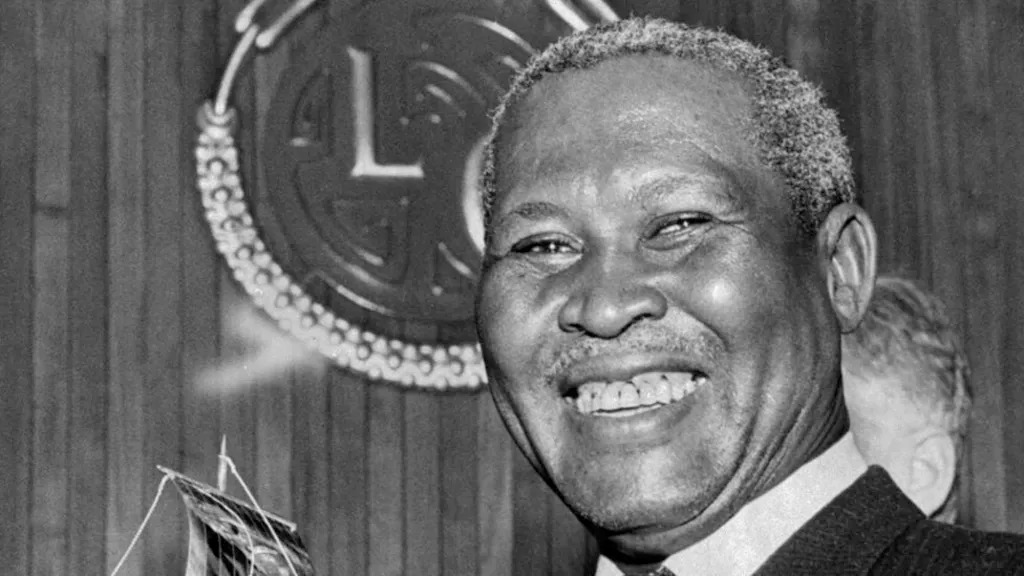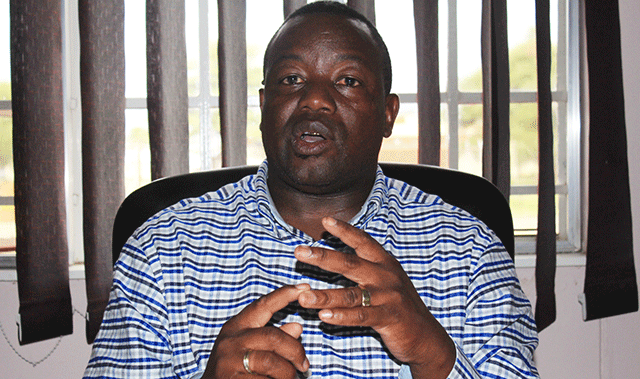Omaheke has been identified as the region with the highest recorded child marriages.
The project coordinator for the 100 Million Namibia Fair Share campaign, Evelyn Namupala, yesterday told Desert FM the Omaheke region accounts for at least 23% of cases.
According to a 2020 study done by the United Nations Population Fund and the Ministry of Gender Equality, Poverty Eradication and Social Welfare, the Zambezi region accounts for 23% of cases, Otjozondjupa region – 22% and the Oshana region comprises for 7%.
Namupala said statistics indicate the cases of child marriage involve girls between the ages of 12 and 17.
She emphasised that child marriages are not limited to formal unions or legal marriages but can also occur as informal unions in which girls live with men.
The 100 Million Fair Share campaign is an international youth-led call to action which widely advocates for the rights of children and aims to eliminate all forms of child labour by the end of 2025.
The campaign is hosting a global pledging week to end child marriage which started on Monday and runs till Sunday.
This global initiative aims to unite individuals, communities and organisations to take action to eliminate child marriages.
Namupala highlighted that girls sometimes suffer from unintended pregnancies, gender-based violence and are at risk of contracting sexually transmitted diseases if forced into child marriage.
“Girls will experience many problems with many impacts… dropping out of school and a lack of empowerment… Just derailing from a proper future,” Namupala said.
She noted that these factors stem from a system in which girls are not empowered, end up in poverty and can’t speak up for themselves.
According to Namupala, the broader community can help by speaking up. She said traditional culture has at times normalised the wrong things, which is why it is important to raise awareness.
“That’s why for us, pledge week is really focusing on civil society organisations and stakeholders, to make sure that we really spread awareness to communities that don’t understand that they’ve normalised these things. They think these things are right,” she said.
Namupala highlighted instances in which members of the community know certain things are not right but they remain silent due to poverty or financial need.
She noted that unemployment can often lead to child marriages.
The 100 Million Namibia Fair Share campaign will be having an information session tomorrow, including a panel discussion with stakeholders to educate and inform civil societies on the realities of child marriages in the Namibian context.
Additionally the discussion will touch on legal and policy matters, education and the health of girls involved in child marriages.
Stay informed with The Namibian – your source for credible journalism. Get in-depth reporting and opinions for
only N$85 a month. Invest in journalism, invest in democracy –
Subscribe Now!










